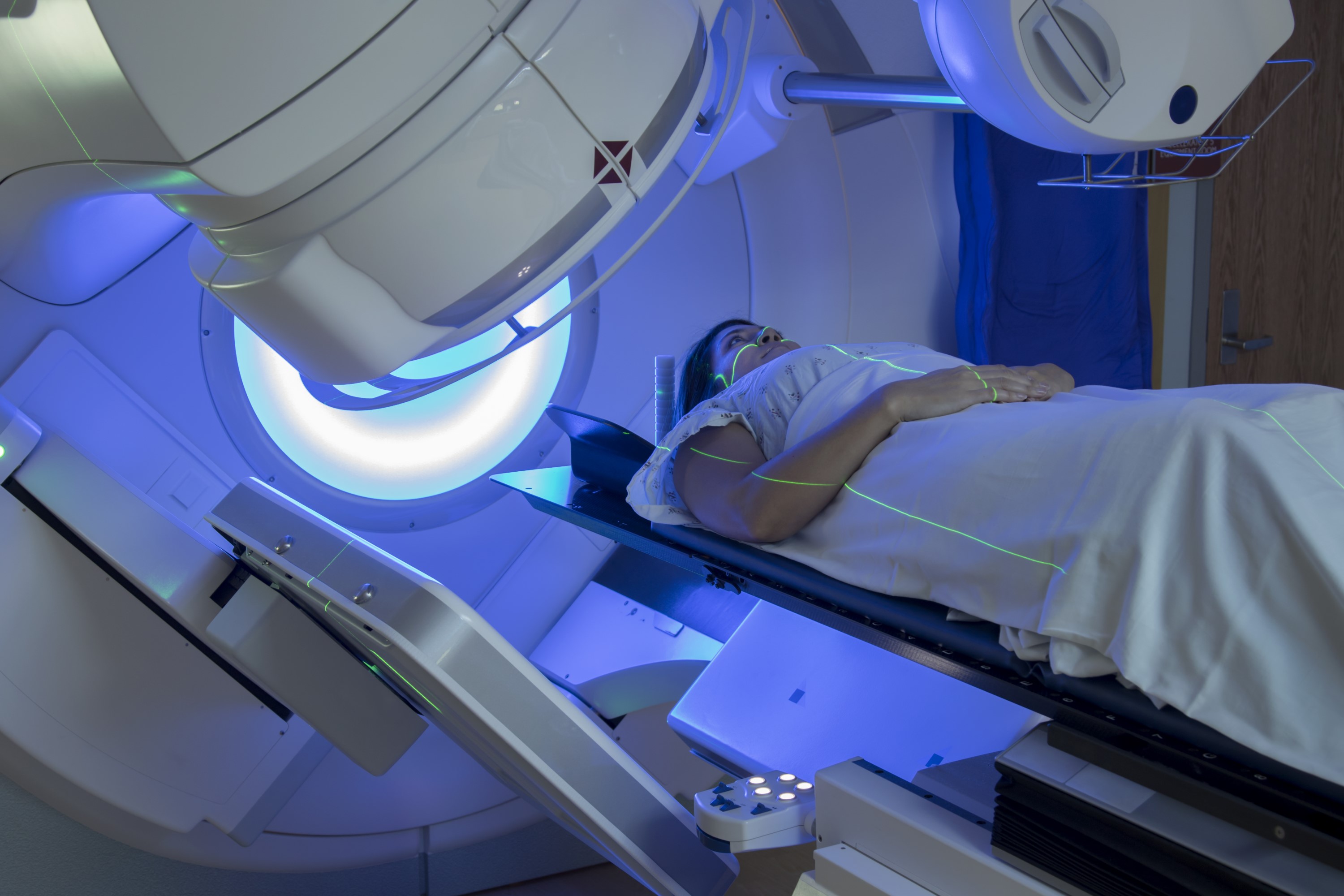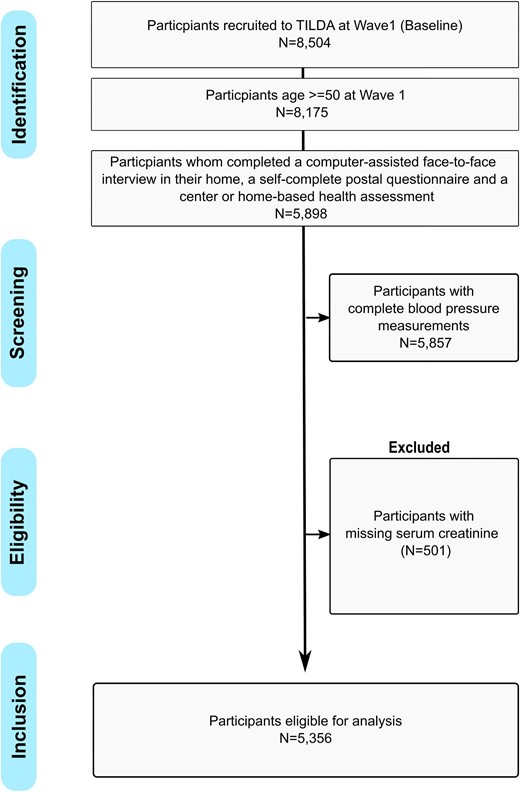2024-08-08 カロリンスカ研究所(KI)

Photo: Getty Images
<関連情報>
- https://news.ki.se/new-investigational-treatment-may-prevent-severe-disease-in-fetuses-and-newborns
- https://www.nejm.org/doi/full/10.1056/NEJMoa2314466
早期発症の重症溶血性疾患におけるニポカリマブの有用性 Nipocalimab in Early-Onset Severe Hemolytic Disease of the Fetus and Newborn
Kenneth J. Moise, Jr., M.D., Leona E. Ling, Ph.D., Dick Oepkes, M.D., Ph.D., Eleonor Tiblad, M.D., Ph.D., E.J.T. Joanne Verweij, M.D., Ph.D., Enrico Lopriore, M.D., Ph.D., John Smoleniec, M.D., Ph.D., +23, for the UNITY Study Group
New England Journal of Medicine Published: August 7, 2024
DOI: 10.1056/NEJMoa2314466
Abstract
Background
In early-onset severe hemolytic disease of the fetus and newborn (HDFN), transplacental transfer of maternal antierythrocyte IgG alloantibodies causes fetal anemia that leads to the use of high-risk intrauterine transfusions in order to avoid fetal hydrops and fetal death. Nipocalimab, an anti–neonatal Fc receptor blocker, inhibits transplacental IgG transfer and lowers maternal IgG levels.
Methods
In an international, open-label, single-group, phase 2 study, we assessed treatment with intravenous nipocalimab (30 or 45 mg per kilogram of body weight per week) administered from 14 to 35 weeks’ gestation in participants with pregnancies at high risk for recurrent early-onset severe HDFN. The primary end point was live birth at 32 weeks’ gestation or later without intrauterine transfusions as assessed against a historical benchmark (0%; clinically meaningful difference, 10%).
Results
Live birth at 32 weeks’ gestation or later without intrauterine transfusions occurred in 7 of 13 pregnancies (54%; 95% confidence interval, 25 to 81) in the study. No cases of fetal hydrops occurred, and 6 participants (46%) did not receive any antenatal or neonatal transfusions. Six fetuses received an intrauterine transfusion: five fetuses at 24 weeks’ gestation or later and one fetus before fetal loss at 22 weeks and 5 days’ gestation. Live birth occurred in 12 pregnancies. The median gestational age at delivery was 36 weeks and 4 days. Of the 12 live-born infants, 1 received one exchange transfusion and one simple transfusion and 5 received only simple transfusions. Treatment-related decreases in the alloantibody titer and IgG level were observed in maternal samples and cord blood. No unusual maternal or pediatric infections were observed. Serious adverse events were consistent with HDFN, pregnancy, or prematurity.
Conclusions
Nipocalimab treatment delayed or prevented fetal anemia or intrauterine transfusions, as compared with the historical benchmark, in pregnancies at high risk for early-onset severe HDFN. (Funded by Janssen Research and Development; UNITY ClinicalTrials.gov number, NCT03842189.)


